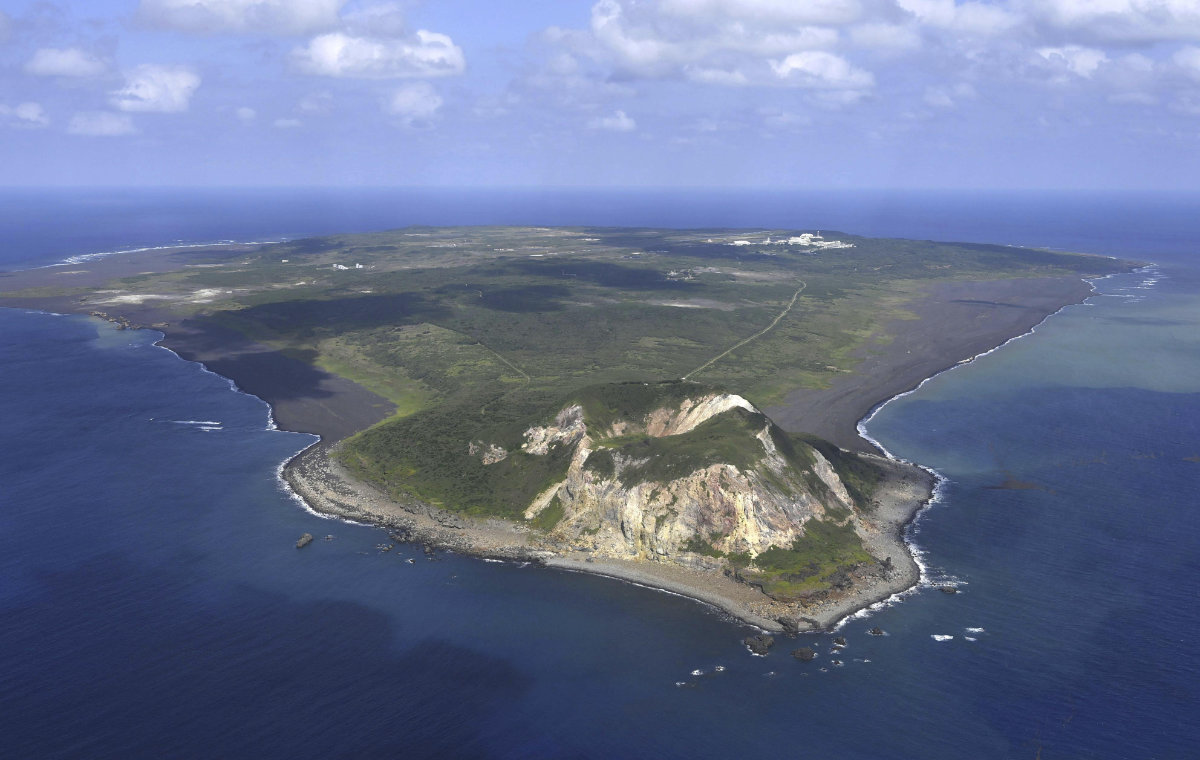LONDON: A British teacher who carried a placard depicting Rishi Sunak and Suella Braverman as coconuts during a pro-Palestine demonstration in London was acquitted on Friday of a racially aggravated public order offense.
Marieha Hussain, 37, attended the protest in November, where her placard showed the faces of the then prime minister and home secretary superimposed onto coconuts beneath a palm tree.
Hussain, from High Wycombe, Buckinghamshire, denied the prosecution’s claim that the placard was “racially abusive,” insisting it was meant to be satirical and humorous. On Friday, Westminster Magistrates’ Court cleared her of the charges, The Guardian newspaper reported.
Speaking outside the court, Hussain expressed frustration over the ordeal: “The damage done to my reputation and image can never be undone.” She criticized what she described as the misuse of hate speech laws, claiming they were being “weaponized to target ethnic minorities.”
Reflecting on the personal impact of the trial, she added: “This ordeal has been agonizing for my family and I. Instead of enjoying my pregnancy, I’ve been vilified by the media, lost my career, and been dragged through the court system.”
Despite the challenging experience, Hussain voiced her continued commitment to activism, particularly in support of Palestine.
“Nearly a year on from the genocide in Gaza, and despite this trial, I’m more determined than ever to continue using my voice to defend Palestine,” she said.
During the trial, Hussain defended the placard as a form of “light-hearted political banter,” explaining it was a satirical way of addressing serious issues.
Her defense lawyer, Rajiv Menon, argued that the case was a troubling attack on freedom of expression.
Menon said: “This prosecution of Ms Hussain is a disturbing attack on the right to peaceful protest, the right to criticize politicians, and the right to satirise in a British context.”
He highlighted the contrast between Hussain’s prosecution and the perceived leniency shown to figures such as Suella Braverman, Nigel Farage and Tommy Robinson, who have made controversial statements without facing similar consequences.
Expert testimony was heard in court regarding the use of the term “coconut” and whether it constitutes a racial slur.
Menon contended that the placard was a satirical critique of the policies and rhetoric employed by Sunak and Braverman, particularly in relation to race and immigration.
The district judge, Vanessa Lloyd, ultimately found that the placard fell within the realm of political satire.
“I find that it was part of the genre of political satire, and, as such, the prosecution has not proved to the criminal standard that it was abusive,” she said.






























